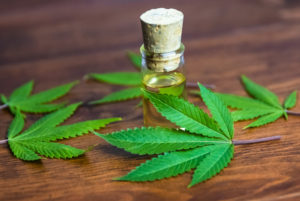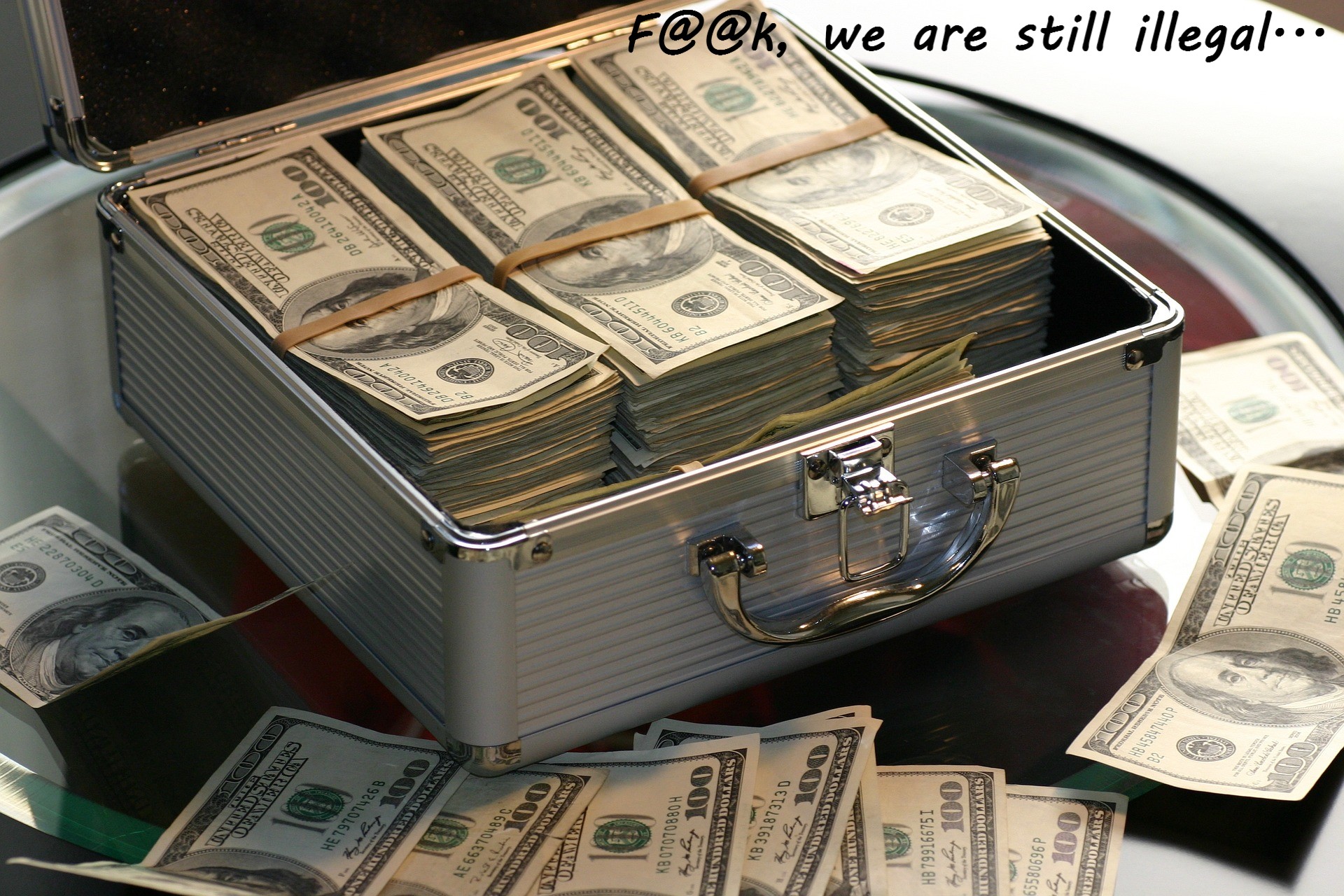Despite a recent statement from the FDA claiming that it’s illegal to produce or sell CBD food and supplements, many were hoping the Farm Bill approval would change that… sadly, such is not the case.
Last month, director of the FDA’s office of Dietary Supplement Programs, Steven Tave, made a rather unnerving public statement at the Council for Responsible Nutrition conference in Dana Point, CA. He mentioned that “Anyone who thinks CBD is lawful is mistaken. I’m not sure why it’s out here. Just because we haven’t taken enforcement action people seem to think it’s OK.” To elaborate a bit further, he was referencing sections 201 (ff) (3) (B) (i) and (ii) of the FD&C Act which specifically prohibit THC and CBD from being used in edible products and dietary supplements. So CBD food, as popular as it is, is a no-go.
On Thursday, December 20, Donald Trump signed a new and updated Farm Bill that included many provisions for improvements in the hemp industry. Some of these changes include allowing hemp farmers to procure crop insurance, bank loans, and federal water; plus access to many legal safety nets that were previously out of reach. Many were holding on to hopes that it would open the doors for a lot CBD companies as well.
Unfortunately, that same day, FDA Commissioner Scott Gottlieb issued a statement of his own, mirroring the words of Tave, saying that it’s illegal to add CBD to food and supplements without government approval. This comes at a time when CBD edibles are gaining traction across the country (and world) and major companies like Whole Foods are even taking notice.

CBD food and supplements still illegal
This is a huge blow to the numerous CBD edible and supplement companies that already well established, and it leaves them in a position where they remain vulnerable to possible legal ramifications. As we all know, once the government gets their hands on something, what follows are usually significant changes to the industry. And this wouldn’t be the first time it happened. In Israel, where cannabis research has been prominent since the 1960s, the CBD industry is virtually non-existent and cannabidiol can only be obtained with a doctor’s prescription. We hope that the U.S. isn’t following in their footsteps.
Many within the industry aren’t backing down though and are looking at this as an opportunity to possibly educate the government and reach a fair middle ground. For example, Courtney Moran, a lobbyist for Oregon hemp farmers says she plans to work with U.S. Senator Ron Wyden (D) in hopes of convincing the FDA to take a more lenient stance towards this beneficial cannabinoid.
On a more positive side note, Gottlieb did mention that the FDA agreed to set up a public meeting for hemp industry stakeholders to discuss various topics related to the status of hemp seeds, oil, and protein powder being added to food and supplements. Hemp products are “Generally Recognized As Safe” by the U.S. Government, but CBD is expected to be part of the discussion as well. There is no specified date for the meeting, but it will be in the “near future”. This is all in response to a petition filed by Fresh Hemp Foods/Manitoba Harvest, a Canadian company specializing in hemp based foods, oils, and supplements.
But alas, CBD food and supplements remain illegal for now, regardless of the fact these are some of the most common methods of consumption; and only time will tell what the future has in store for the United States’ CBD industry.
Read next: Selling CBD? FDA warning letters might be Coming your way

